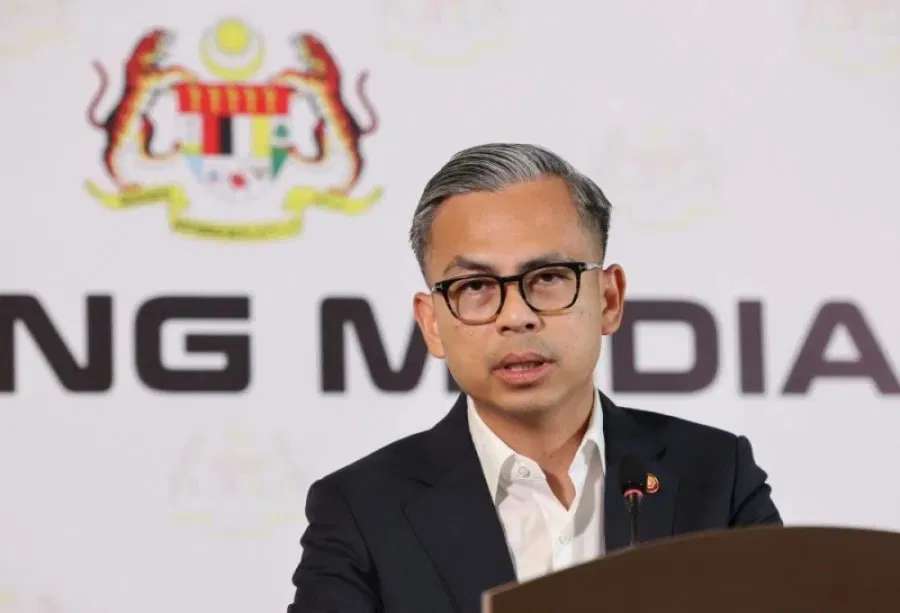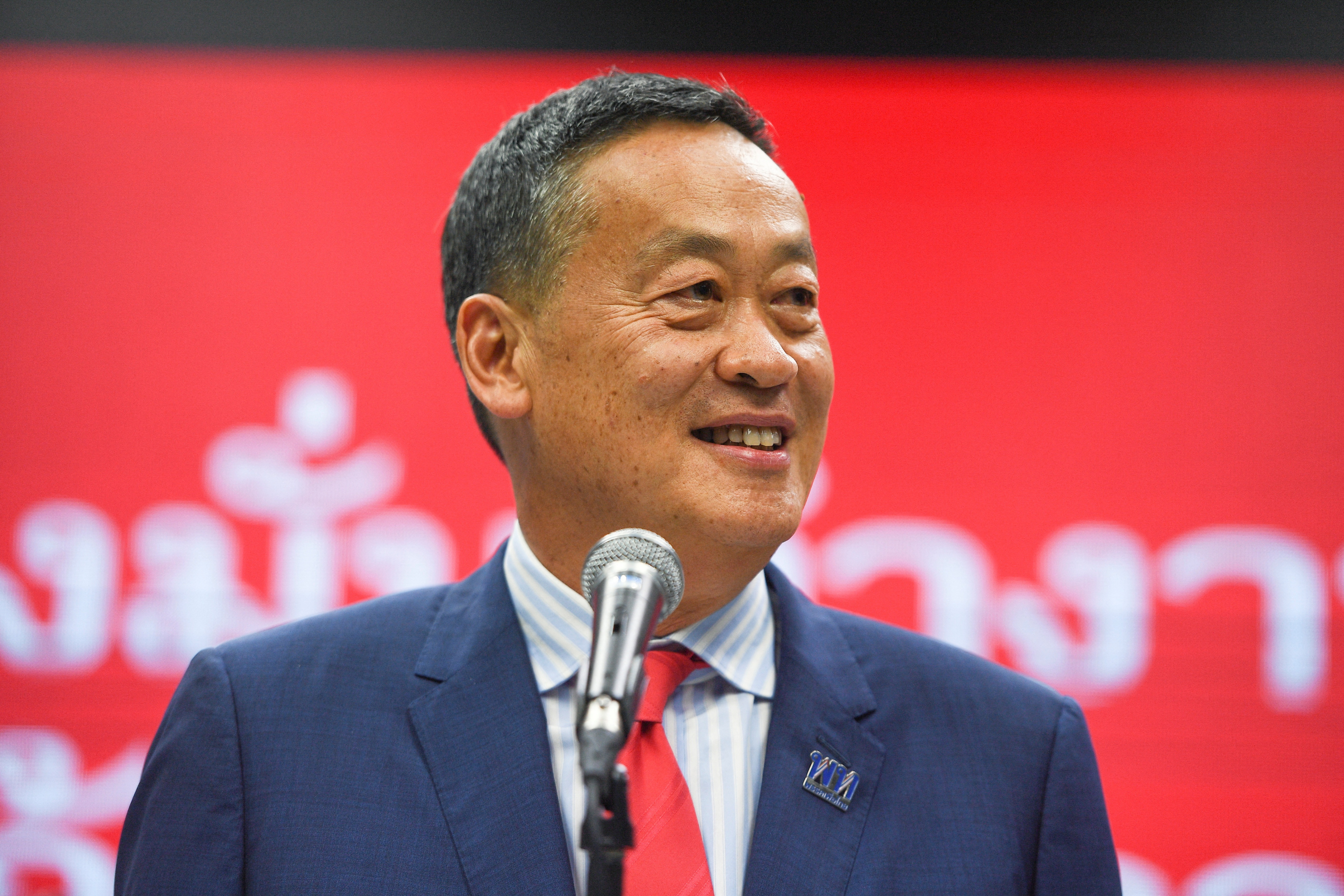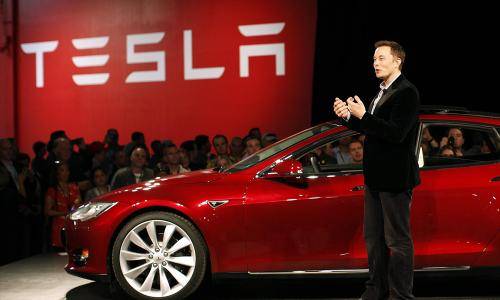"Made in China" Stands Out, Tesla Southeast Asia Expansion Halted?
Due to fierce competition in the industry, Tesla's competitiveness in the Southeast Asian market lags significantly behind that of Chinese manufacturers, so its plan to set up factories in Southeast Asia has been temporarily shelved.
Recently, it was reported that Tesla has abandoned its plan to build an electric vehicle factory in Southeast Asia, involving countries including Thailand, Malaysia, Indonesia, etc., and has withdrawn the team responsible for the project. Subsequently, there were rumors that Tesla has "cooled down" the ASEAN region.
Malaysia's Plan Halted
On July 20, the Malaysian government released news that Tesla will strategically expand into the Malaysian market, launch Model 3 and Model Y models, and establish a network of fast charging stations and regular charging stations in strategic locations in Malaysia. In addition, Tesla will establish a local headquarters and service center, experience center, etc. in Malaysia.
Malaysian Trade Minister Tengku Zafrul Aziz responded to this: "In fact, we have discussed with Elon Musk to attract investment, but Tesla has never promised to open a factory here."

On August 8, the Malaysian Ministry of Investment, Trade and Industry (MITI) clarified the matter again, saying that the report was based only on anonymous sources and did not represent Tesla's official statement, and emphasized that the business decisions of multinational companies for global operations will not affect Malaysia's industrial reforms or investment environment.
In July 2023, Tesla promised to set up a national headquarters and service center in Selangor, Malaysia, and would create tens of thousands of high-value jobs in the country. Under an agreement signed in February of that year, Tesla does not have to pay import tariffs on overseas assembled vehicles sold; it does not have to have a local partner, and is exempted from the minimum 30% local equity requirement.
Malaysian Prime Minister Anwar Ibrahim believes that Tesla's postponement of its expansion plans in Southeast Asia has nothing to do with Malaysia's performance or policies. On the contrary, it is because Tesla cannot compete with electric vehicle manufacturers in China, resulting in huge losses.
Thailand's Expansion Failed
Recently, several Thai media reported that Tesla has stopped plans to build a factory in Thailand and instead focused on expanding its charging network in the country. Sources revealed: "Tesla is currently focusing only on charging stations, not only shelving the factory in Thailand, but also calling a halt globally. Except for China, the United States and Germany, they will not continue to build factories in Malaysia, Indonesia or anywhere else."
In addition to focusing on developing a network of super charging stations in Thailand, Tesla has also been promoting its cars to Thai consumers. Earlier this year, its all-electric pickup Cybertruck opened a tour exhibition in Thailand.

In November 2023, Thai Prime Minister Srettha Thavisin visited Tesla's factory in Fremont, California, where he met with Tesla's vice president of automotive engineering Lars Moravy and other executives. Subsequently, Prime Minister Srettha Thavisin hinted that Tesla is considering investing in Thailand and will look for three target locations in the country with a total investment of US$5 billion.
To achieve the goal of "225,000 electric vehicle sales in Thailand by 2025; 725,000 by 2030; 100% electrification by 2035", the Thai government has implemented a series of electric vehicle subsidy plans and tax incentives. It has now reduced the consumption tax rate for pure electric vehicles from 8% to 2%, and provides subsidies ranging from 70,000 to 150,000 baht depending on the type and model, while reducing electric vehicle road taxes and import tariffs.
Therefore, in comparison, attracting Tesla is Thailand's effort to become the electric vehicle manufacturing center in Southeast Asia. Prime Minister Srettha Thavisin once expressed the hope that the country's cooperation with Tesla can consolidate Thailand's position as an electric vehicle and renewable energy center in the coming years.
Beaten by "Made in China"
According to data from EY, a consulting firm, the Southeast Asian auto market could be worth $100 billion by 2035. Earlier news showed that Southeast Asia had high hopes for Tesla to build a "super factory" locally, and the multi-billion dollar investment would greatly boost the development of local manufacturing and electric vehicles.
However, industry analysts said that if the plan to build an electric vehicle center is canceled, it will be based on economic considerations. "Tesla is a rising star in this market, and its electric vehicles are more expensive than Chinese companies. Several Chinese automakers led by BYD have already dominated the market, and their price advantage is more obvious." He added.

In last month's earnings call, Tesla said that due to fierce industry competition, its profits for the quarter were reduced by nearly half. Financial report data showed that Tesla's net profit in the second quarter of this year was $1.5 billion, a decrease of 45%, and its operating profit margin was 6.3%, which was not only lower than 9.6% in the same period last year, but also lower than many established automakers.
Regarding their own competitiveness, industry insiders believe that the investment and expansion of Chinese electric vehicle companies in the Southeast Asian market is the result of actively responding to local market demand and policy orientation, and the completeness of the industrial chain and the diversity of vehicle models provide Chinese car companies with strong competitiveness.
·Original
Disclaimer: The views in this article are from the original Creator and do not represent the views or position of Hawk Insight. The content of the article is for reference, communication and learning only, and does not constitute investment advice. If it involves copyright issues, please contact us for deletion.